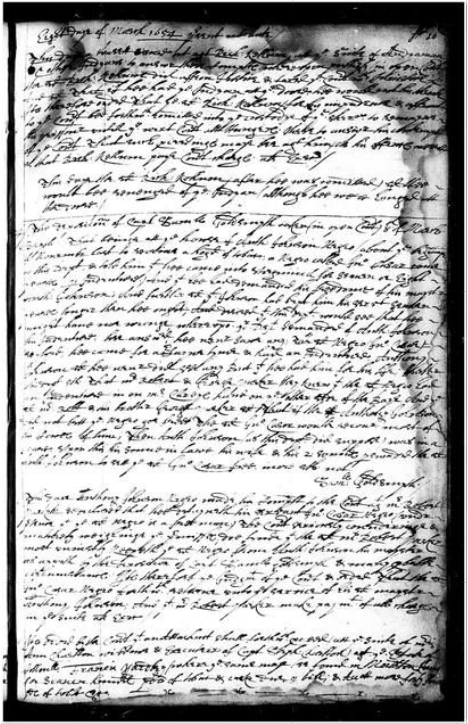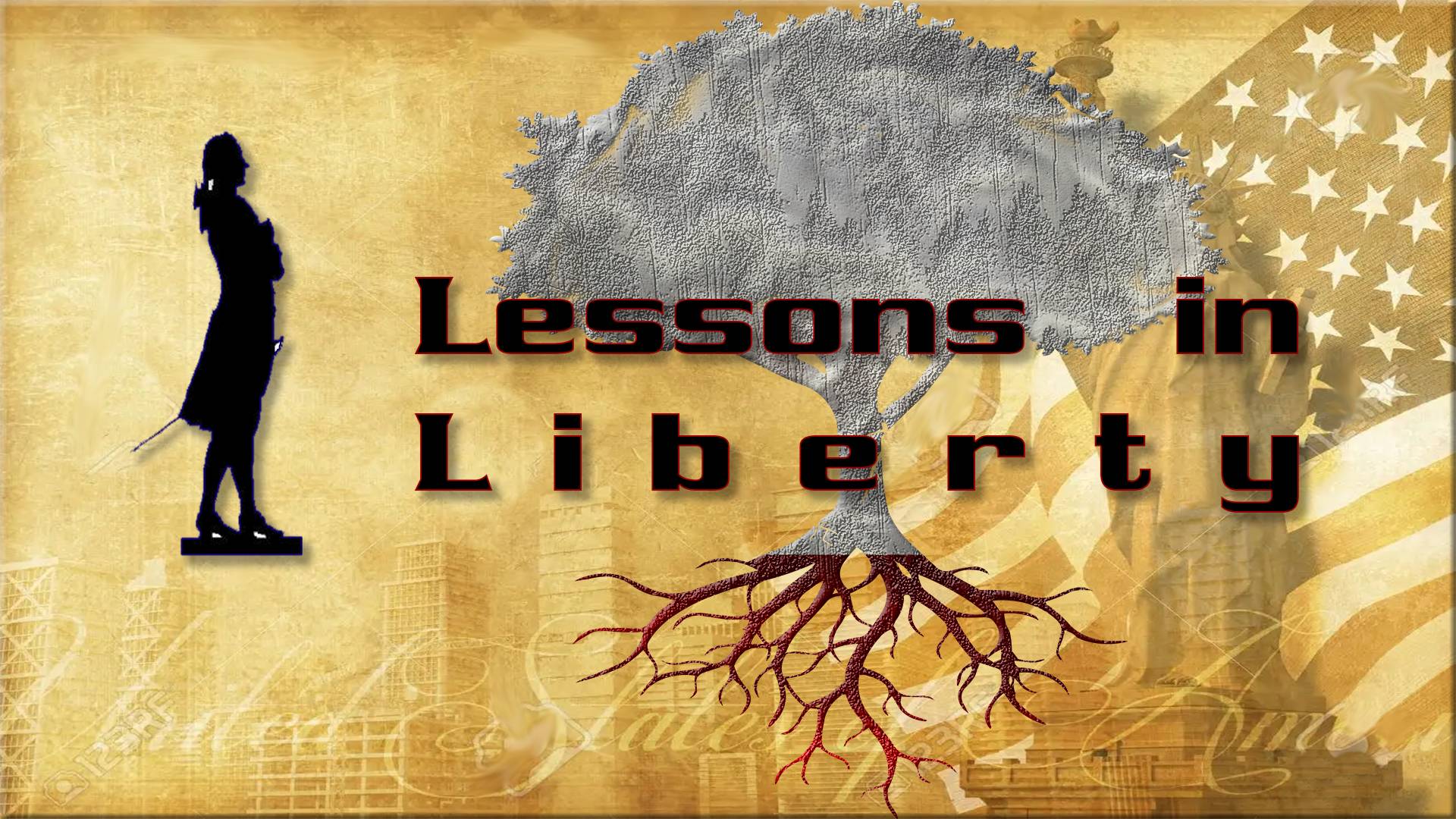
Anthony Johnson, While not the First Overall Slave Owner, Solidified the Practice of Slavery in the American Colonies by Filing a Key Lawsuit in 1653 Virginia to Become the First Legal Slave Owner in America
Introduction
The history of slavery in America is a painful and complex subject. It is often assumed that slave ownership was exclusively held by white colonists, but the story of Anthony Johnson, a black colonist, challenges this narrative. While not the first overall slave owner, Johnson played a significant role in the legal establishment of slavery in the American colonies. This article explores the story of Anthony Johnson, his groundbreaking lawsuit, and the lessons it teaches us about the complexities of liberty and the legacy of slavery in America.
Anthony Johnson was a black colonist who arrived in Virginia in the early 17th century. Born in West Africa, he was captured and sold into slavery before eventually gaining his freedom. Johnson’s path to freedom was extraordinary, as he became a prosperous landowner and tobacco farmer in the colony.
Filing a Groundbreaking Lawsuit
In 1653, Anthony Johnson filed a lawsuit in Virginia that would have far-reaching implications for the institution of slavery. Johnson’s lawsuit involved a dispute over the indentured servitude of John Casor, a man of African descent who had worked for Johnson. The outcome of this case would establish Johnson as the first legal slave owner in the American colonies.

The court case in question, known as Anthony Johnson’s lawsuit, was a pivotal moment in the history of slavery in the American colonies. The lawsuit arose from a dispute over the indentured servitude of John Casor, who had previously worked for Anthony Johnson.
The legal proceedings took place in the Colony of Virginia in 1653. The court, presided over by local magistrates, was responsible for hearing the case and making a final determination. During the trial, Johnson argued that Casor’s indentured servitude had expired and that he should be recognized as his rightful property. Johnson asserted that Casor was bound to him for life, rather than the limited term of an indentured servant.
After considering the evidence and arguments presented, the court rendered a decision in favor of Anthony Johnson. The ruling declared that John Casor would indeed be held as Johnson’s slave for life, thereby granting Johnson the legal ownership and control over Casor’s labor and person. This decision set a precedent by establishing the legality of perpetual slavery based on race.
Lessons in Liberty: The Legacy of Slavery
The story of Anthony Johnson raises important questions about the complexities of liberty and the entanglement of race and power in America’s history. Johnson’s journey from slavery to freedom was an extraordinary achievement, highlighting the potential for upward mobility in a society marked by inequality. However, his pursuit of legal ownership over another person reveals the dark side of individual liberty when it is exercised at the expense of others.
Anthony Johnson’s lawsuit not only impacted his own life but also had significant implications for the lives of countless enslaved individuals in the American colonies. It helped solidify and legalize the practice of slavery, leading to the perpetuation of this inhumane institution for centuries to come. Understanding this history is crucial for acknowledging the deep-rooted legacy of slavery and its lasting impact on American society.
However, the current modern day political climate has ignored these facts and American society has been tricked into believing that America’s foundation is based on racism, instead of human wrongs.
Conclusion
The story of Anthony Johnson offers a nuanced perspective on the history of slavery in America. While not the first overall slave owner, his lawsuit played a pivotal role in legalizing the institution and perpetuating the enslavement of individuals. It serves as a reminder that the fight for liberty and equality has been an ongoing struggle throughout American history. By confronting the complexities of our past, we can strive for a more just future, where the lessons learned from the dark chapters of our history are not forgotten.
It’s also important to remember that ALL races have been enslaved and enslaved others at one point in time. Slavery is not and never has been a race issue. It’s a human issue.
Let us know your thoughts on the subject of slavery below in the comments. Keep it here for future Lessons in Liberty columns.
